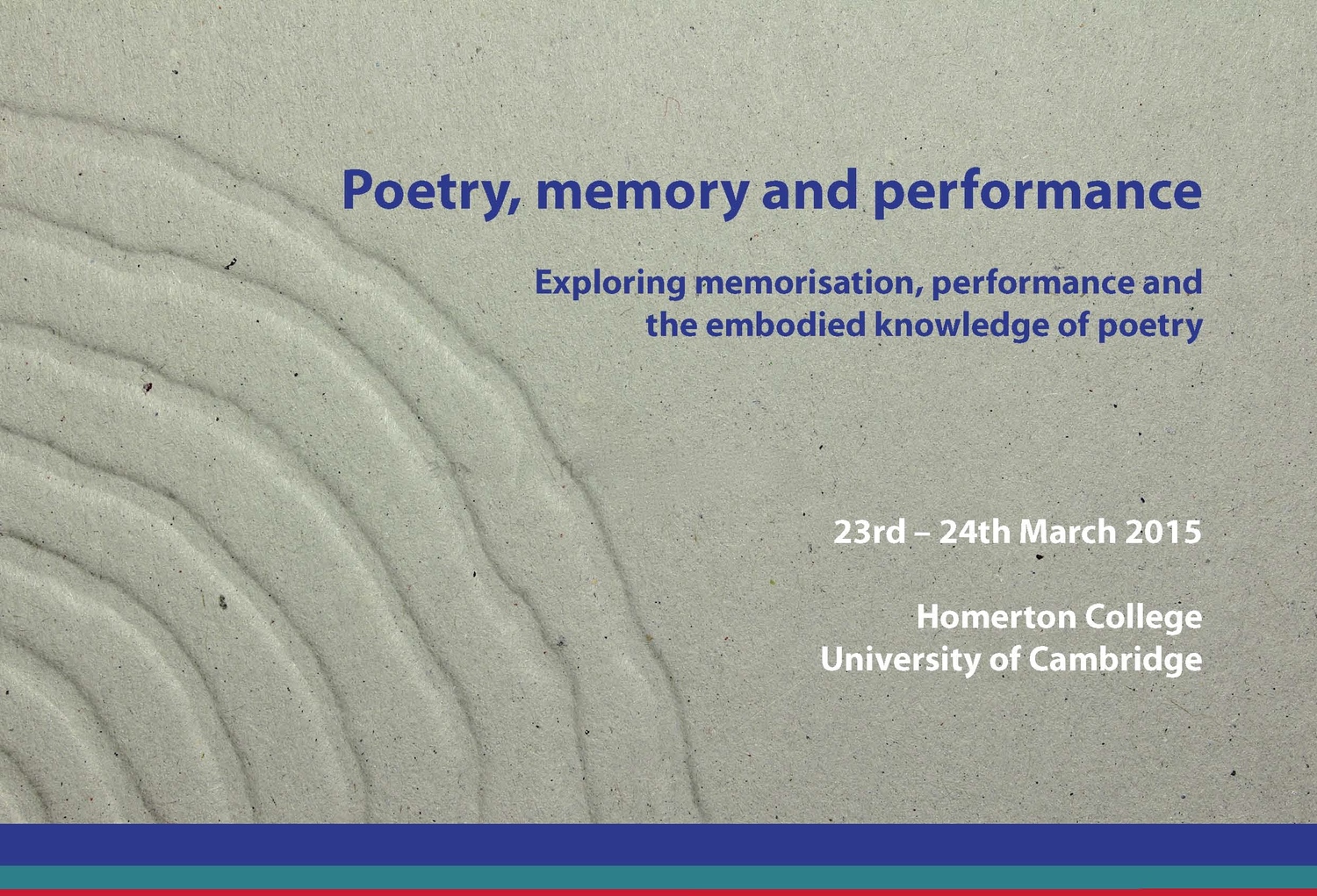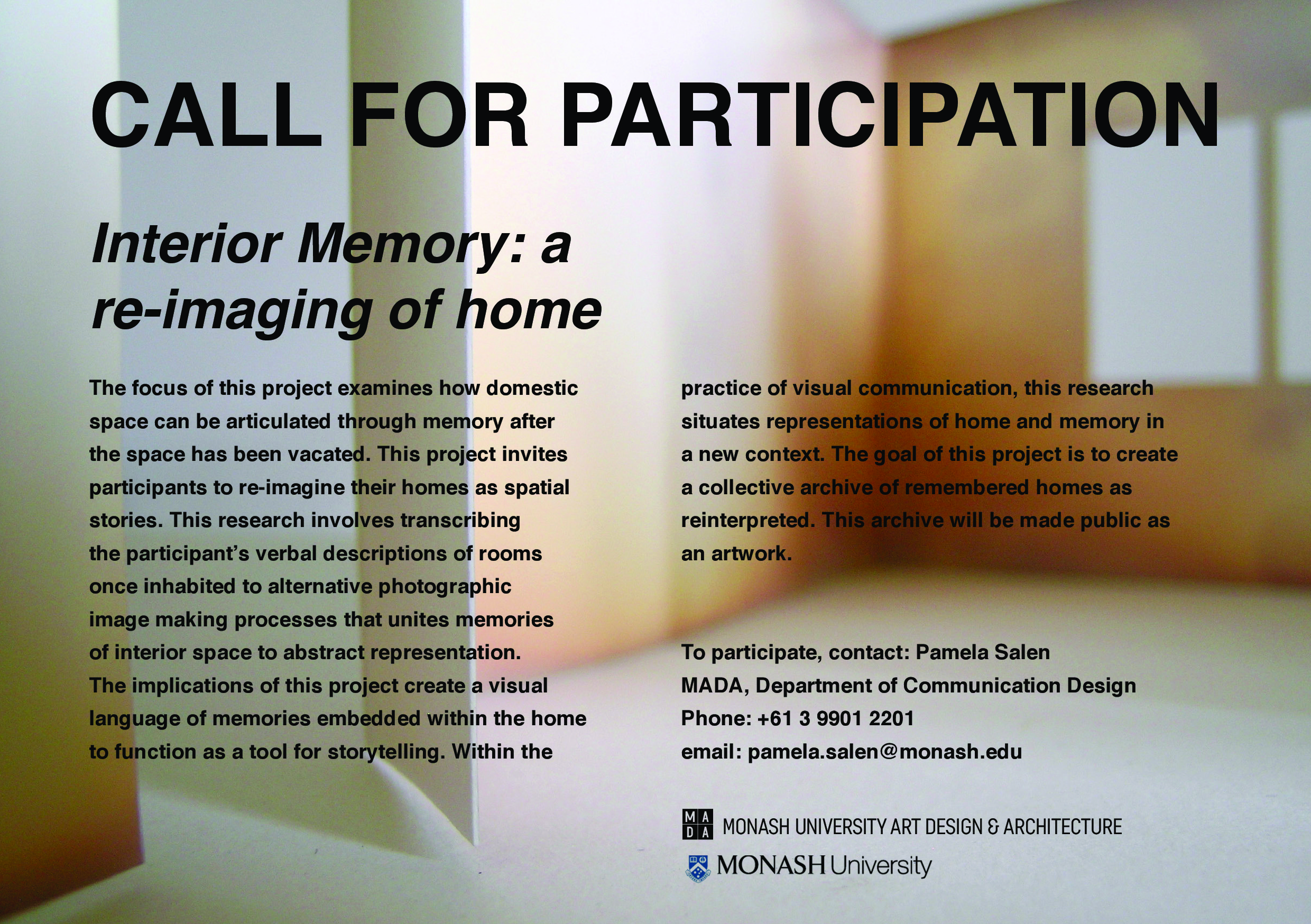Poetry memorisation and recitation, once inscribed in British education and woven into the fabric of cultural life, declined dramatically over the course of the twentieth century. In recent years, however, there has been an evident rekindling of interest in both practices. Within formal education, poetry memorisation has been reinstated in the primary curriculum for England, whilst national competitions in England, Ireland, Canada and the USA have reintroduced recitation to many secondary schools. Outside education systems, signs of revival include the publication of anthologies and apps for memorising poetry, and attention from the media.
This timely conference will bring together researchers, educationalists, poets and performers with an interest in this area. Our aim is to open dialogue about the place of memorisation and recitation both within and outside formal education, and to think together about a number of vital questions, such as:
- To what extent do these embodied ways of knowing offer distinctive forms of understanding and appreciating a poem?
- What critical perspectives are useful for developing practices of memorisation and performance. How might we theorise these processes, and what terms should we use?
- Can the interpretation of a poem in performance be seen as a form of critical interpretation, and how does that relate to textual criticism? Are there other ways of positioning recitation and performance?
- How can the evaluation of poetry performance be approached?
- What is the value of memorisation and recitation, psychologically, culturally and historically?
- What is the meaning and significance of these modes of engaging with poetry within our current culture?
- Where can a poem be said to exist?
For more information, or to submit a proposal, please visit: www.poetryandmemory.com/conference


